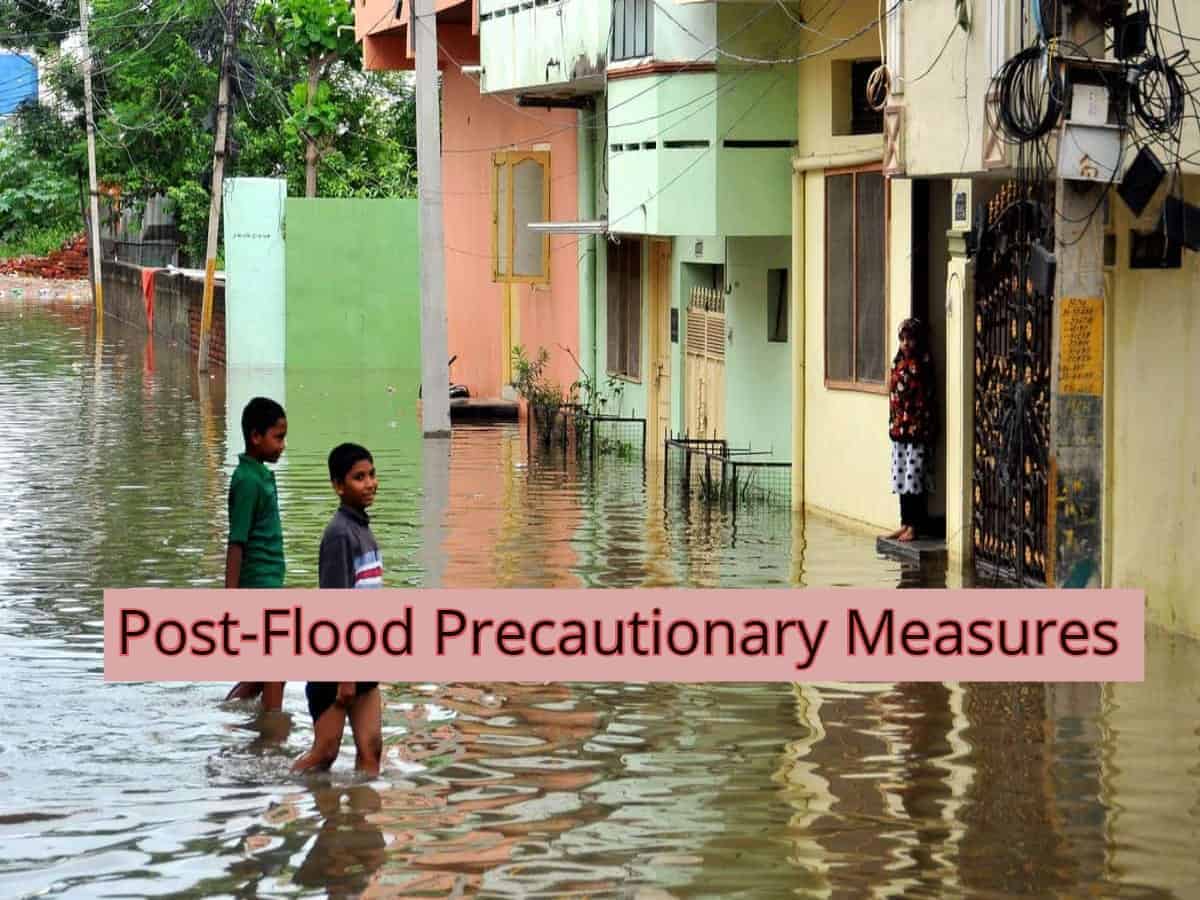Hyderabad: Floods not only impact the economy of affected regions but also the health of its victims. The ongoing floods have ripped across various parts of Telangana, especially Hyderabad, causing huge losses. It has not only caused a lot of damage to the infrastructure of the city and possessions of people, but also has claimed over 50 lives.
At such a time, when we are already battling with COVID-19, heavy rainfalls have wreaked havoc in many ways in our lives. The most important effect however, is on the health of flood victims. It is a reminder for us as to how important it is to stay healthy and also the be prepared for any natural disasters.
In an exclusive interview with Siasat.com, a Bengaluru based pediatrician, Dr Qadeera Rasti explained how important it is to follow certain precautions post floods.
“Maintaining strong immunity and good health is must as there are high chances of water borne infections spreading due to floods”.
Dr Qadeera also explained some useful precautionary healthcare safety measures that one can take after floods to stay healthy.
It takes a while before your life gets back to normal after the flood water recedes. However, there are certain safety measures one must take immediately to avoid falling ill. Here are the tips by Dr Qadeera to follow.
General Precautions
- Avoid contaminated water for drinking and other usage. Flood water is usually contaminated with sewage.
- If you own a well or there is one in your locality, avoid drinking water from it. It may have been contaminated during the flood and can cause serious illness.
- Practice washing your hands frequently, especially before eating water or drinking water.
- All waters should be treated well before use.
- Following all COVID-19 norms as we are amid pandemic.
To Treat Water
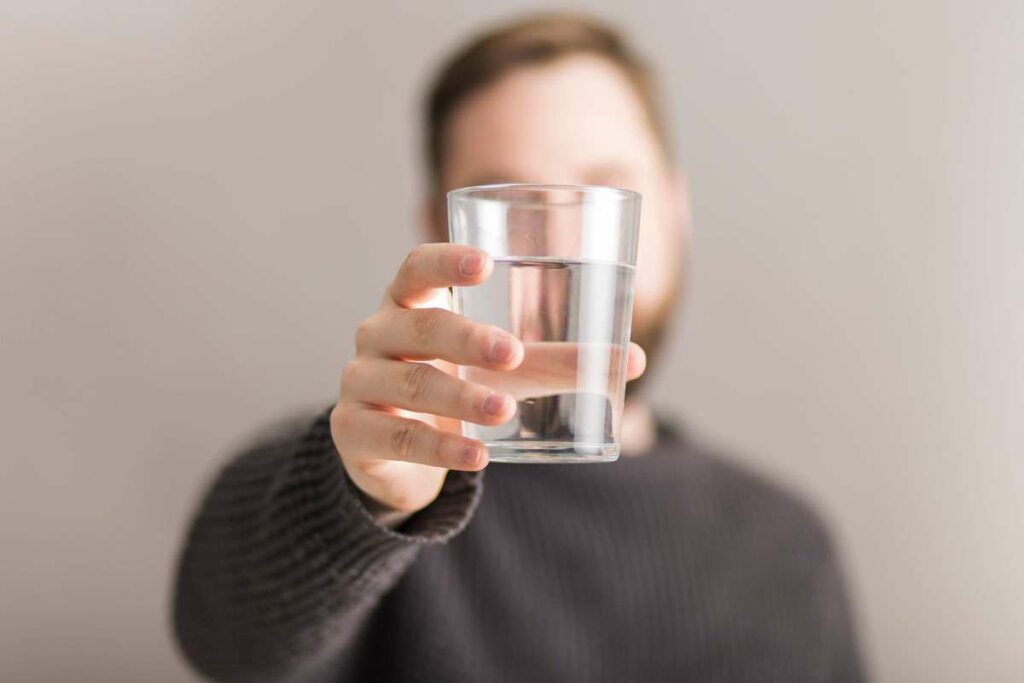
Even though there is no change in color, odour and taste of water that you intake, flood waters are contaminated with harmful microorganisms as the natural disaster may cause the breakage of sewage pipelines. So, water that is consumed must be sterilised. Steps:
- Boil water for 2-3 minutes
- Filter with a piece of cloth
- Cool down for almost 30 minutes
- If there is no boiling facility then just add 4 drops of laundry bleach per litre.
- You can also add chlorine tablets to the water.
Disposal of waste
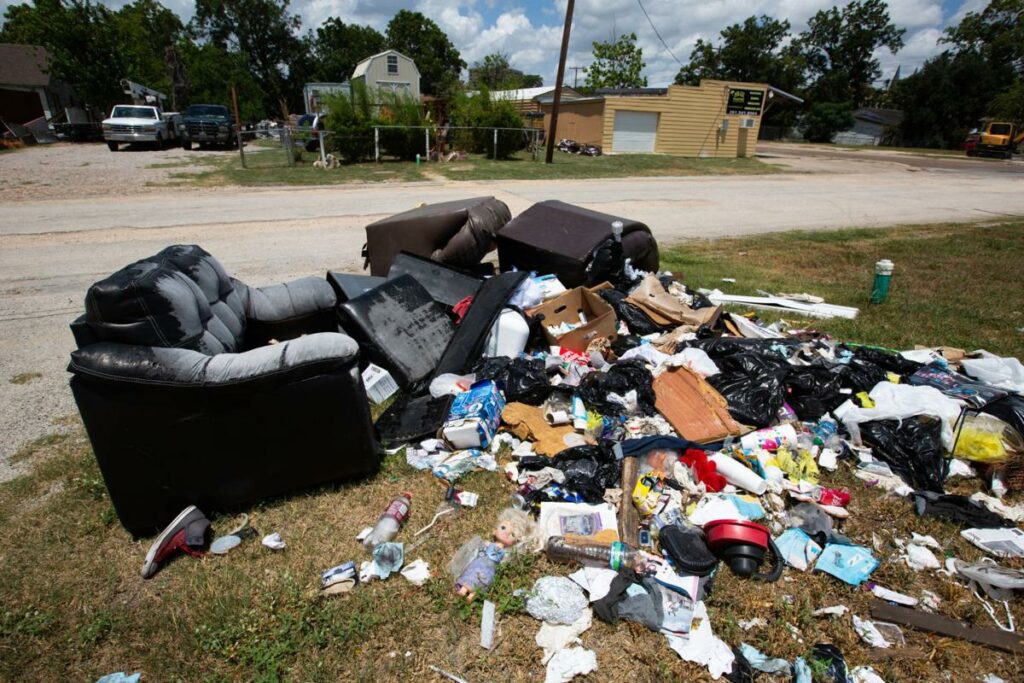
- Avoid throwing garbage onto the streets.
- Discard all the damaged items from your home like screens, carpets, mattresses, pillows, etc.
Food Safety

- Avoid consuming canned foods/drinks.
- Do not eat raw vegetables and fruits from your farm or garden if those were submerged in floodwater.
- If you notice that your refrigerator was flooded too, throw away all the food items stored and avoid consuming anything that was stored anywhere in your home before the flood.
Personal hygiene and precautions
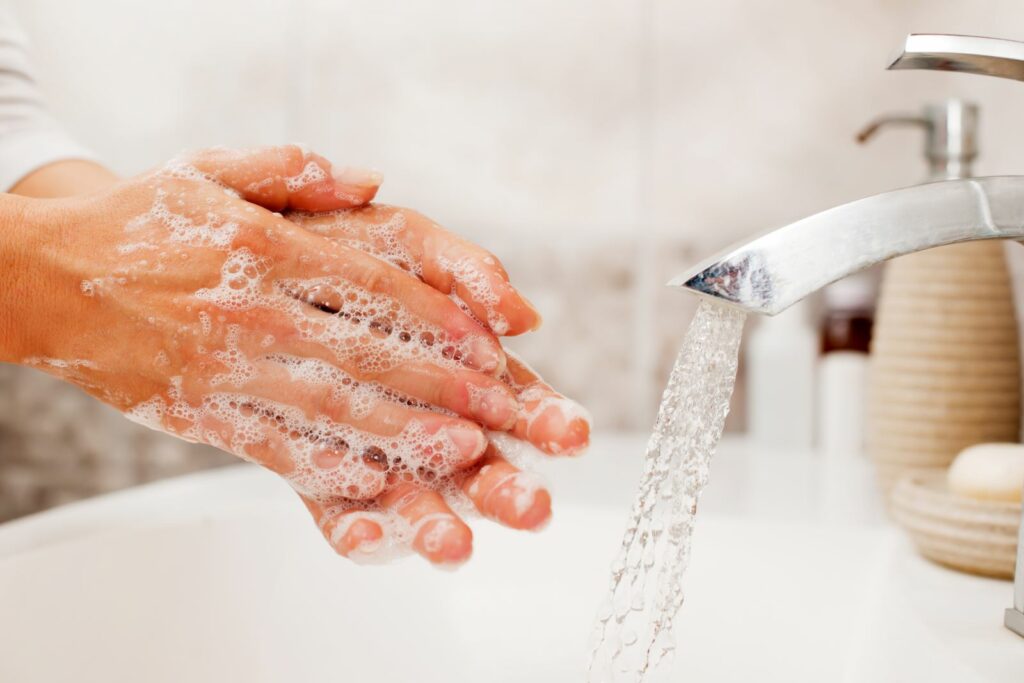
- If you have been cleaning your home and come in contact with floodwater, wash your hands thoroughly with soap before you touch your face.
- If you suffer any wound during the flood, that is swollen and painful, or has a foreign object (metal, glass pieces, soil), get medical help immediately.
- Report to the doctor immediately if you see any symptoms of cold as we are amid Coronavirus pandemic.
- Bath regularly and try to wear rubber boots and hand gloves if you are coming in contact with flood water to avoid skin infections.
Mosquito control
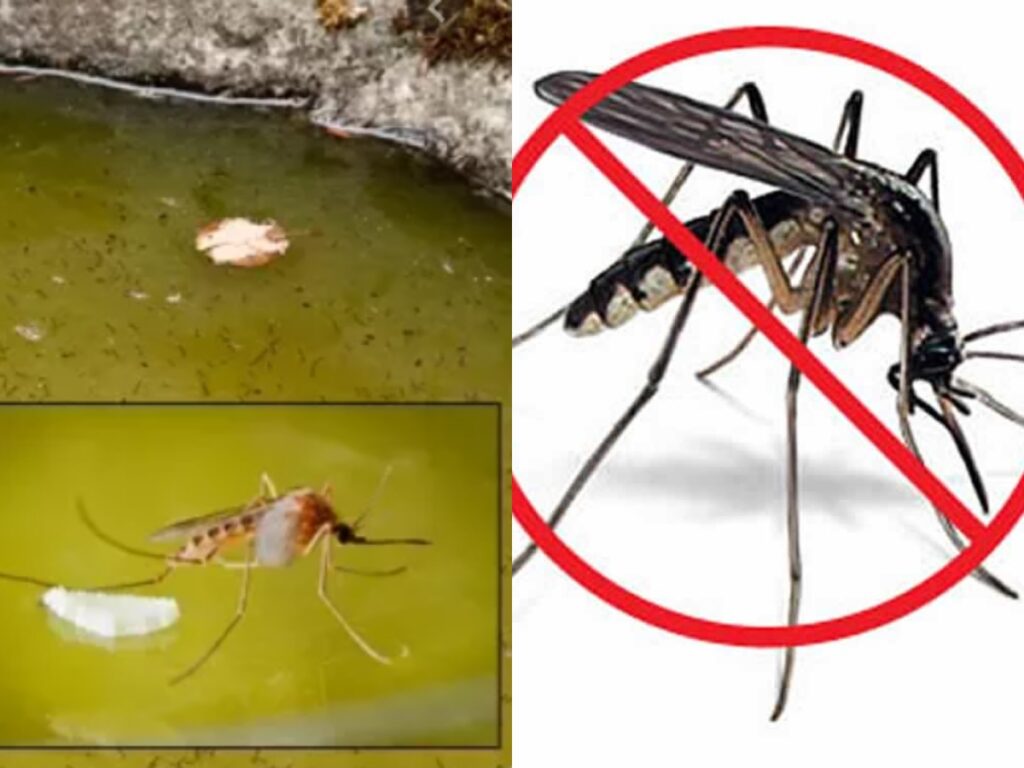
- When there is stagnant floodwater, it becomes the favourite breeding place for mosquitoes. So, make sure to get the stagnant water removed from your surroundings.
- Make sure to use mosquito repellant for a few days after the flood recedes to avoid diseases like malaria and dengue.
The main reason for floods in India is poor or inadequate drainage systems and failure of flood control measures. While we expect that our government will hopefully work on the issues that lead to deadly floods, let us follow these safety precautions and take care of each other’s health.

